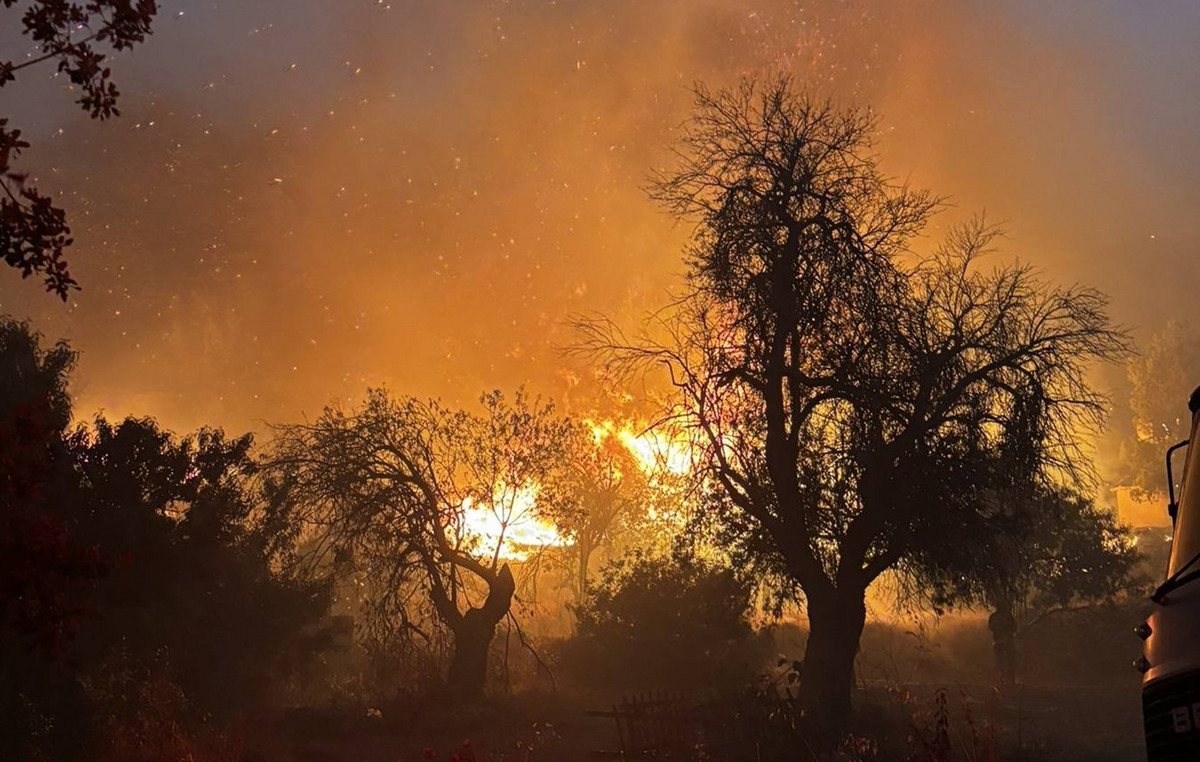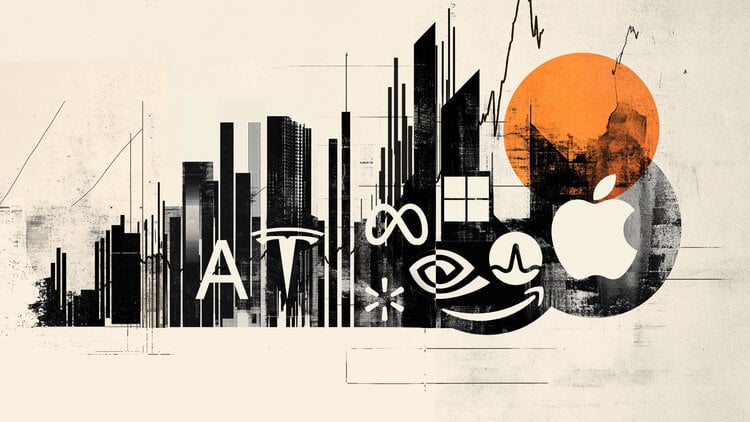The environment of uncertainty in the Brazilian economy has diminished — at least until the arrival of the new variant of the coronavirus. This is what the Brazilian Institute of Economics of the Getúlio Vargas Foundation (FGV/Ibre) points out, which released this Tuesday (30) the updated numbers of its monthly indicator for the topic.
It retreated two points in November, compared to October. With this, which was the second consecutive drop, it is at 129.3 points, on a scale that has the neutrality point at 100.
Despite the setback, the Economic Uncertainty Indicator (IIE-Br) is still 14.2 points above the level recorded in February 2020, the last month before the start of the Covid-19 pandemic.
In the historical series, started in 2000, the moment of least uncertainty occurred in December 2000, when the indicator added up to 83.6 points. The highest was registered in March 2020, already in the pandemic, when it hit 210.5.
Before the pandemic, the indicator remained in the 115-point range. According to the organization of the consultation, the current scenario is influenced by the rise in the basic interest rate, the persistence of inflation, the political crisis and the political-fiscal instability, caused by the discussion on the PEC of Precatório in the National Congress and the possibility of the federal government piercing the spending ceiling.
Economist and researcher at FGV Ibre, Ana Carolina Gouveia points out that the November result still does not include any type of impact of the Ômicron variant of the coronavirus, considered of concern by the World Health Organization (WHO) because it is more transmissible than the others.
However, its behavior in the pandemic scenario tends to influence the results presented in the coming months.
“If it spreads, in the wave scenario, and Brazil needs to close stores or some degree of economic paralysis, it is possible that this scenario of gradual decline will be interrupted. But, if that doesn’t happen and vaccination continues to advance across the country, with a reduction in hospitalizations and deaths, the most likely is that the current scenario will continue. In this case, the pace would be slow due to internal uncertainties”, says the specialist.
The instability scenario has caused a reduction in expectations for the fourth quarter, which led to a series of downward revisions to the Gross Domestic Product (GDP) of 2021. Negative expectations have also caused a revision in the projections for next year .
“These problems have loaded the projections for 2022, with all the difficulties for economic recovery caused by the high level of uncertainty. High inflation erodes the income of Brazilians, who are unable to consume essential goods. In this scenario, it is increasingly difficult to predict the behavior of the basic interest rate for a year from now”, concludes Ana Carolina Gouveia.
Reference: CNN Brasil
I am Sophia william, author of World Stock Market. I have a degree in journalism from the University of Missouri and I have worked as a reporter for several news websites. I have a passion for writing and informing people about the latest news and events happening in the world. I strive to be accurate and unbiased in my reporting, and I hope to provide readers with valuable information that they can use to make informed decisions.







